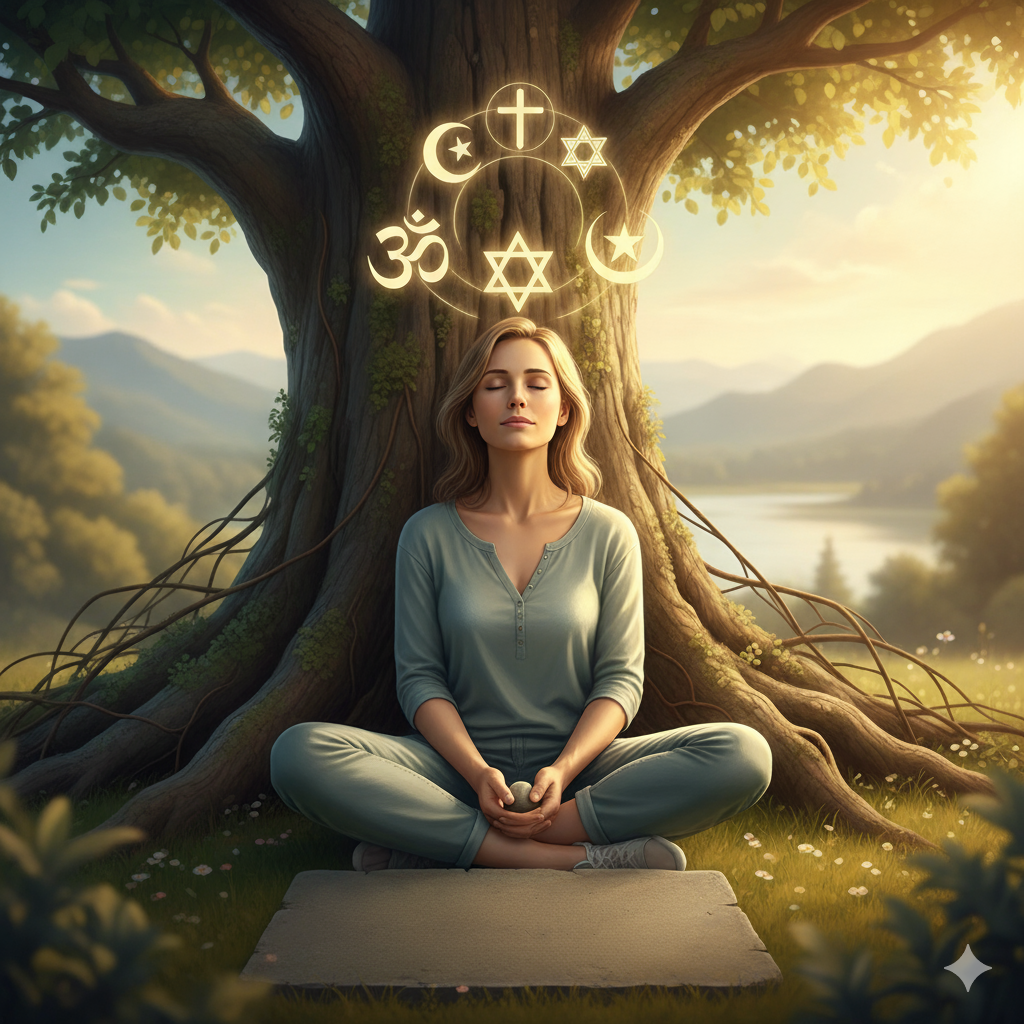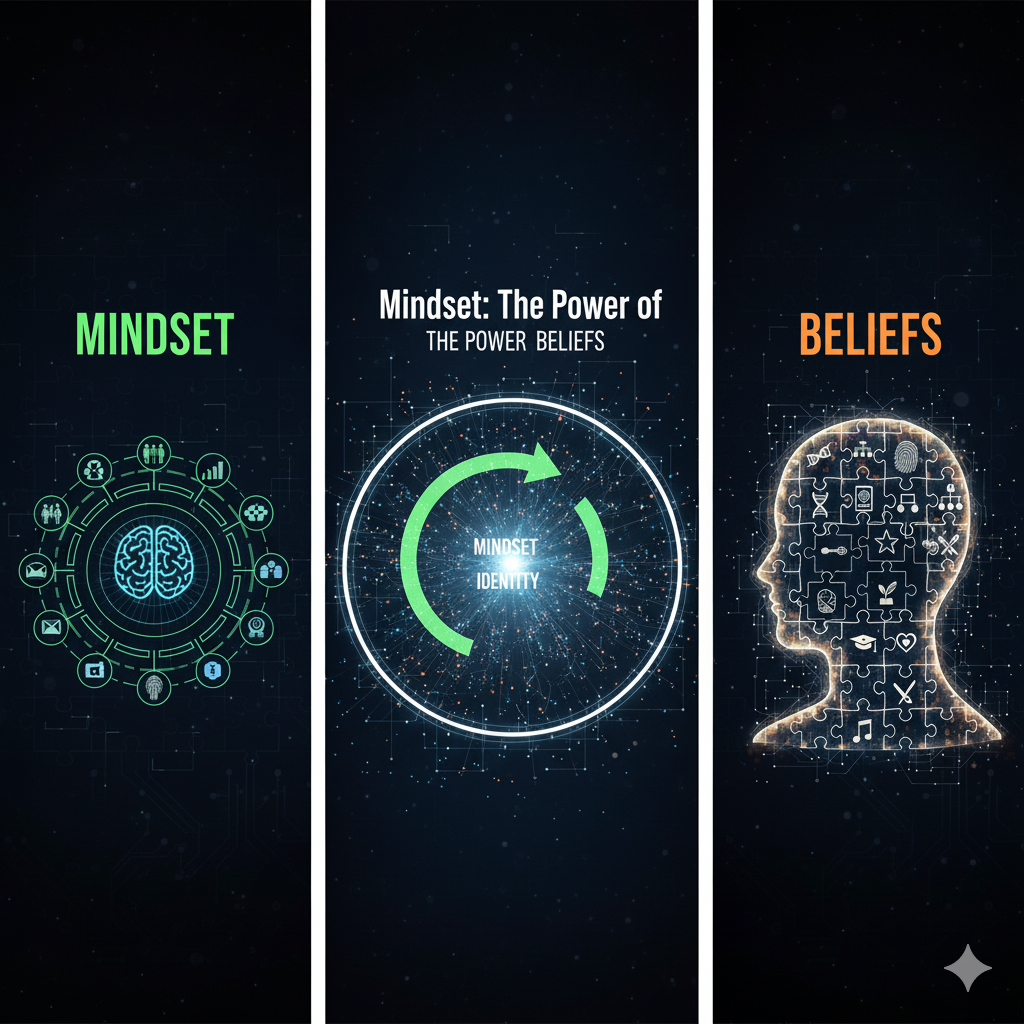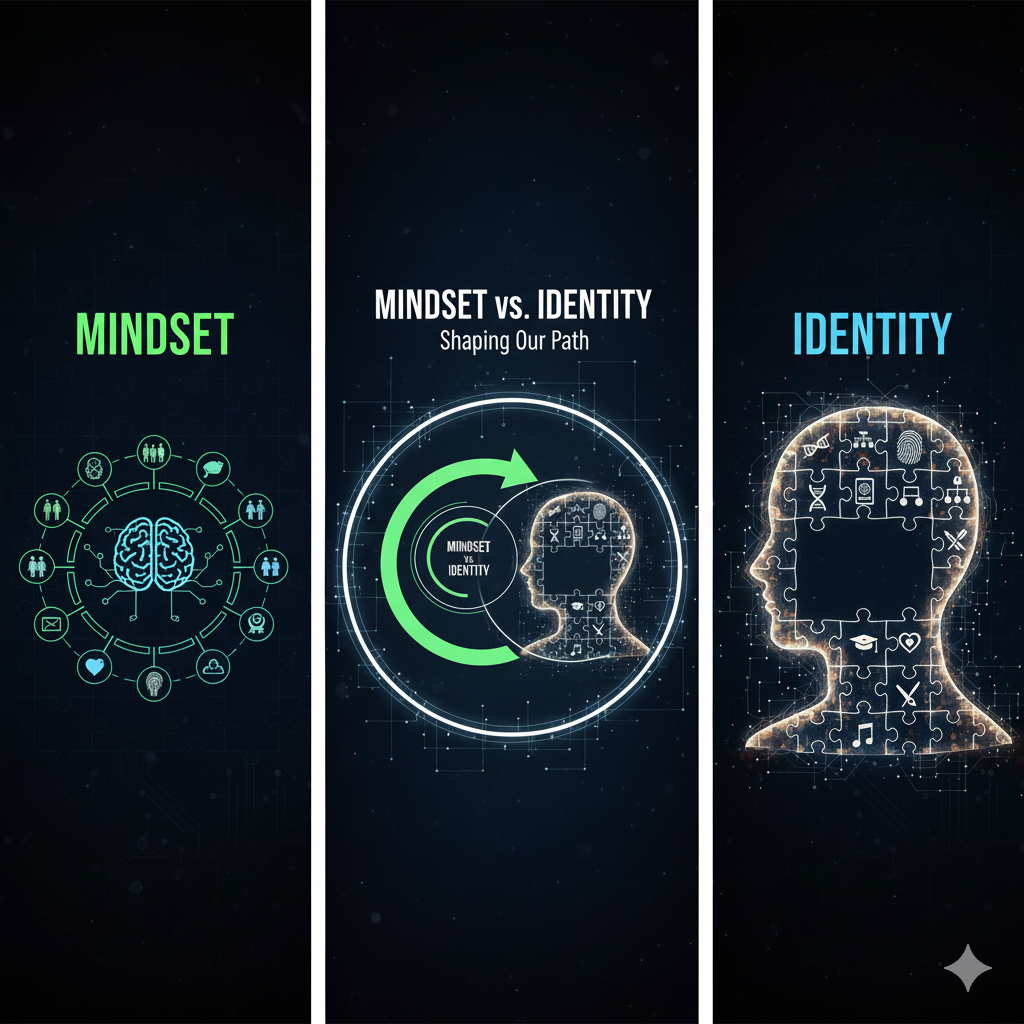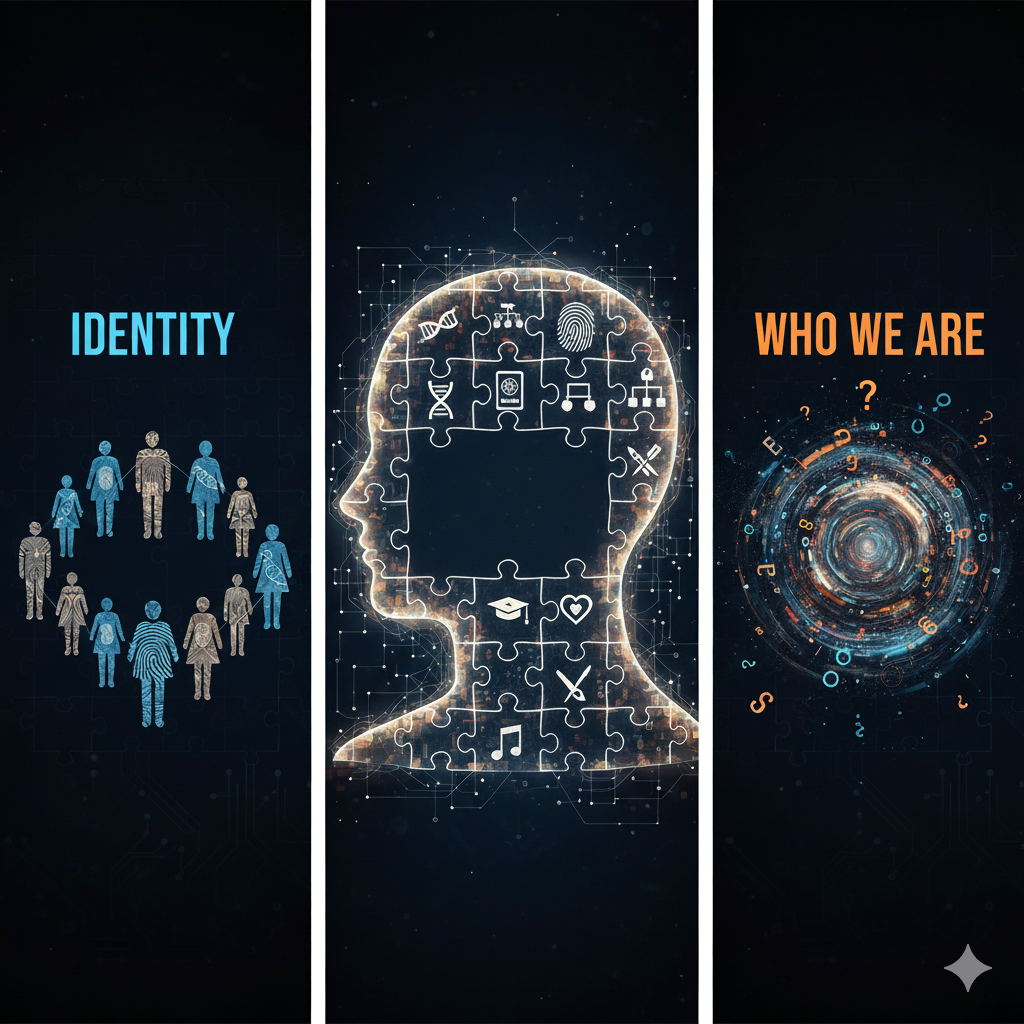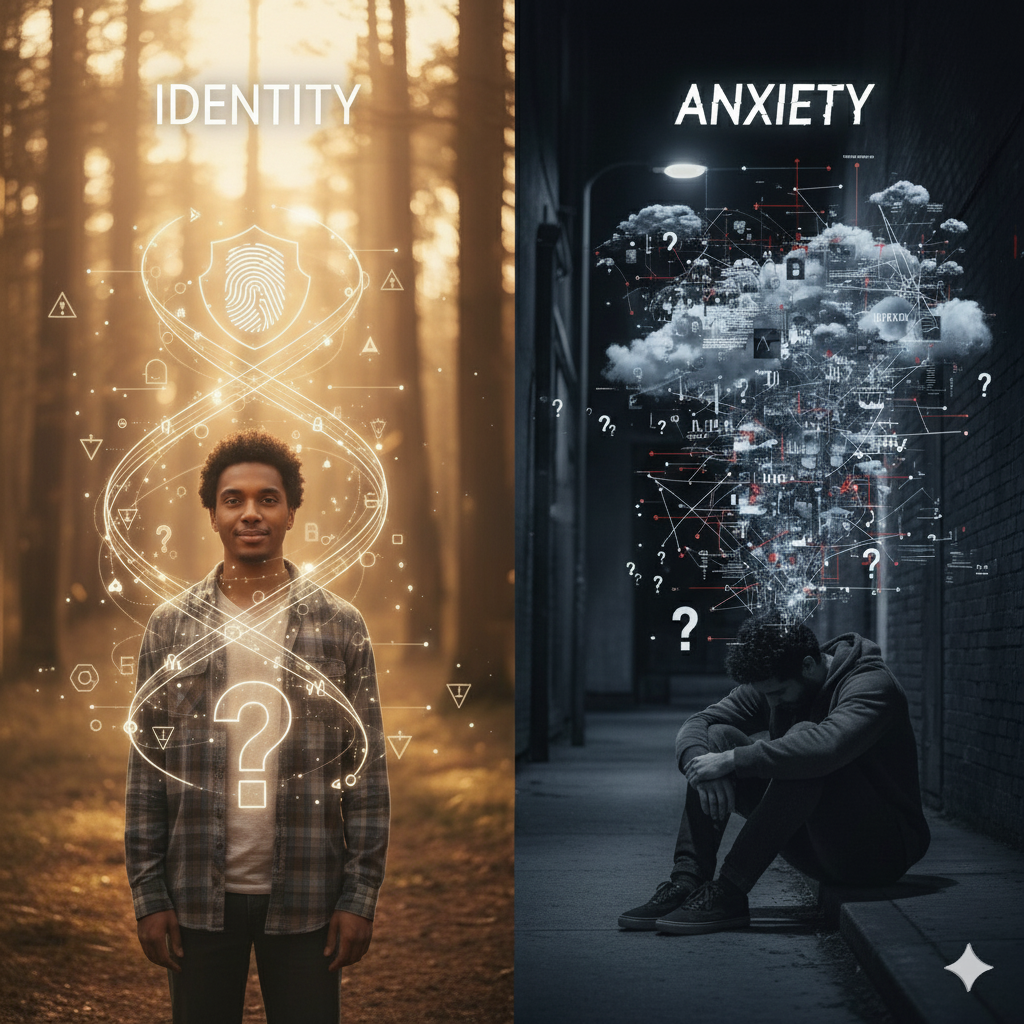Thermodynamics is the branch of physics that deals with heat, work, and energy. Its laws are foundational to our understanding of everything from engines and refrigerators to the life cycles of stars.
The Four Laws of Thermodynamics:
- Zeroth Law: If two systems are each in thermal equilibrium with a third, they are in equilibrium with each other.
- First Law (Conservation of Energy): Energy cannot be created or destroyed, only transformed.
- Second Law: Entropy, or disorder, always increases in an isolated system.
- Third Law: As temperature approaches absolute zero, the entropy of a system approaches a constant minimum.
Thermodynamics is not just theoretical—it underpins modern technology, from power plants to air conditioning. Its principles also help us understand biological processes, chemical reactions, and even the fate of the universe. Mastery of thermodynamics is essential for engineers, scientists, and anyone curious about how the world works.

